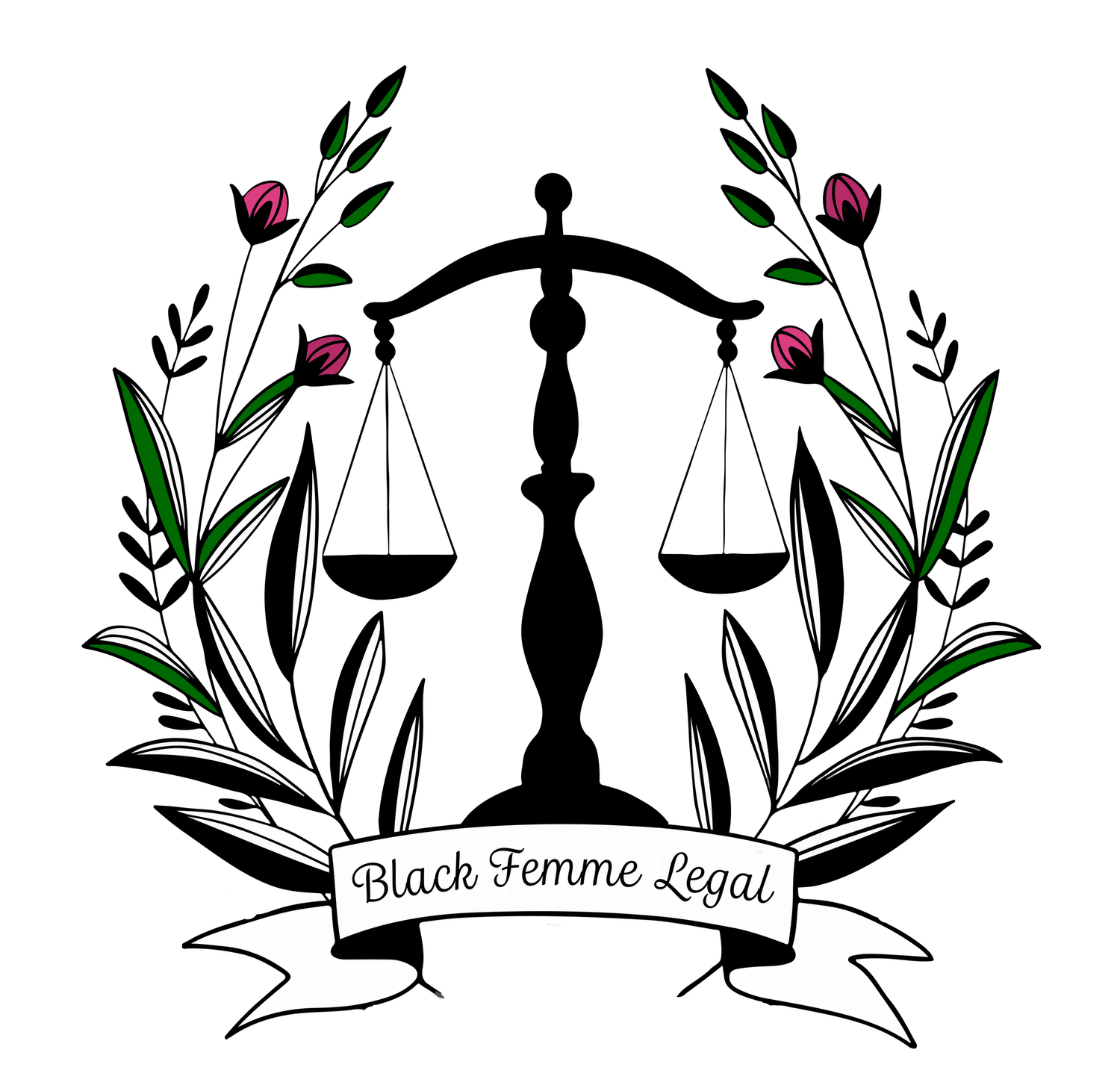Frequeny Asked Questions
-
A vulnerable sector check is a criminal record check that is required by employers and volunteer organizations whenever the nature of the applicant’s work will put them in close contact with and have authority over vulnerable populations, including children and the elderly. What makes these checks unique is that they include record suspensions (pardons) for sexual offences.
It is an offence for an employer or volunteer organization to require a vulnerable record check if the nature of the position does not put the applicant in a place of authority over children or vulnerable people.
A vulnerable sector check will provide information about criminal convictions, outstanding charges and warrants, peace bonds, probation and prohibition orders, absolute and conditional charges currently within the retention period, and even non-conviction information. These disclosures are subject to certain rules, which are detailed in this table.
The Police Record Checks Reform Act defines non-conviction information as criminal charges that were dismissed, withdrawn, stayed, or charges that resulted in an acquittal. Non-conviction information can also include records of police contact. Some police services have a process in place to remove non-conviction information from your record, so we recommend contacting the police service that has this information and making your request there. Suppressing this information will mean it will not show up on a record check but it will still exist on the police database.
https://www.mcscs.jus.gov.on.ca/english/police_serv/PoliceRecordsChecks/PS_records_checks.html
https://www.ontario.ca/laws/statute/15p30#BK29
https://ccla.org/recordchecks/doc/Non-Conviction%20Records.pdf
https://roylelaw.ca/not-guilty-but-not-really-will-withdrawn-or-acquitted-charges-appear-on-a-criminal-record-check/
-
The access period for a juvenile record (i.e., the length of time where a record is open and accessible) will depend on several factors including the nature of the offence, the sentence imposed and whether the young person committed another offence during the access period.
The Youth Criminal Justice Act (YCJA) protects youth records and restricts access to these records to specific entities, including judges, review boards, Crown prosecutors and police officers.
Section 119 (1)(o) of the YCJA permits employers within the Government of Canada to carry out a record check on those seeking employment within the government. Government employers are, however, subject to rules around accessing youth records. The chart below outlines how the access period can vary depending on the type of offence and the offence disposition.
Non-government organizations cannot access youth criminal records directly, this includes Criminal Record Checks, Criminal Record and Judicial Matters Checks and Vulnerable Sector Checks. An individual who requests a check must give the record check provider consent before the provider can disclose the information on the check to another party [Police Record Checks Reform Act, section 12(2)].
[https://www.ontario.ca/laws/statute/15p30/v2
][1]
[https://www.justice.gc.ca/eng/cj-jp/yj-jj/tools-outils/sheets-feuillets/pdf/recor-dossi.pdf][2]
[2]: https://www.justice.gc.ca/eng/cj-jp/yj-jj/tools-outils/sheets-feuillets/pdf/recor-dossi.pdf
[1]: https://www.ontario.ca/laws/statute/15p30/v2
-
A non-disclosure agreement (NDA) is a contractual agreement that is made, most often in the context of settlement, between parties. The parties agree not to share sensitive or harmful information in exchange for a benefit, often a monetary benefit.
NDAs are not enforceable when the law requires the person under the NDA to disclose the information (e.g. criminal acts). Even still, the case law around NDA use in these contexts is underdeveloped in Canada and individuals who attempt to breach the terms of an NDA can face consequences, including being required to pay back the settlement money you received in return for signing the NDA.
Defamation suits have also been used against individuals who breach the terms of an NDA. People who are subject to an NDA often do not have the information they need to prove that the claims made in a defamation suit are baseless since the documentation has either been destroyed or the institutions in possession of these documents refuse to provide them to you for risk of being sued themselves.
https://profjuliemac.com/non-disclosure-agreements-the-rot-at-the-heart-of-human-rights/
http://equitywatch.ca/equitywatch/
https://nationalmagazine.ca/en-ca/articles/law/opinion/2019/metoo-and-restricting-the-use-of-non-disclosure-ag
-
No. The CICB stopped accepting new applications after September 30, 2019. Consequently, victim compensation awards are no longer available in Ontario.
As of October 1, 2019, victims of many violent crimes are able to access VQRP+ which offers supports to help cover emergency and essential expenses, funerals and counselling costs. VQRP+ does not provide compensation awards but serves as a bridge to longer-term health and social supports for victims, by having service providers provide referrals to other supports.
In order to receive supports through VQRP+, specific eligibility criteria must be met, including timelines for submitting an application and the availability of other community and government supports. A VQRP+ service delivery organization is in the best position to assess eligibility for the program and to provide referrals to other available supports.
To find the VQRP+ service provider closest to you or for more information about other support services in your community, you can visit the online Victim Services
Directory: http://services.findhelp.ca/ovss/
If you would like to talk with someone about services for victims, you can also contact the Victim Support Line toll free at 1-888-579-2888 or 416-314-2447.
This service is offered 24 hours a day/7 days a week and if required, interpreters are available. There is also the option to chat online, Monday to Friday from 7am to 9pm.
